Food for thought from Cambridge Zero 2022
Friday 14th October saw the University of Cambridge launch the 3 day Cambridge Zero Climate Change Festival, we went along to #ShowYourStripes at the opening event and get a feel for proceedings.
There were several strands to the events, with lots of family activities across the weekend. One thing that really stood out for us from this opening session was the theme of food. It’s one of the things in the global north that we take for granted and it plays a major roles in the climate challenge.
The festival started with a ‘Zoom and room’ discussion to explore what climate accessibility means to different people. It was great to see and hear from people around the world - the tech makes such a difference in these situations. The panel comprised of people from a diverse range of backgrounds, continents and specialisms. Most important though, all of the contributions were coming from people living through climate change, people who had witnessed first-hand the impact for themselves, friends, families and communities. People like Amaya Chula from Australia...
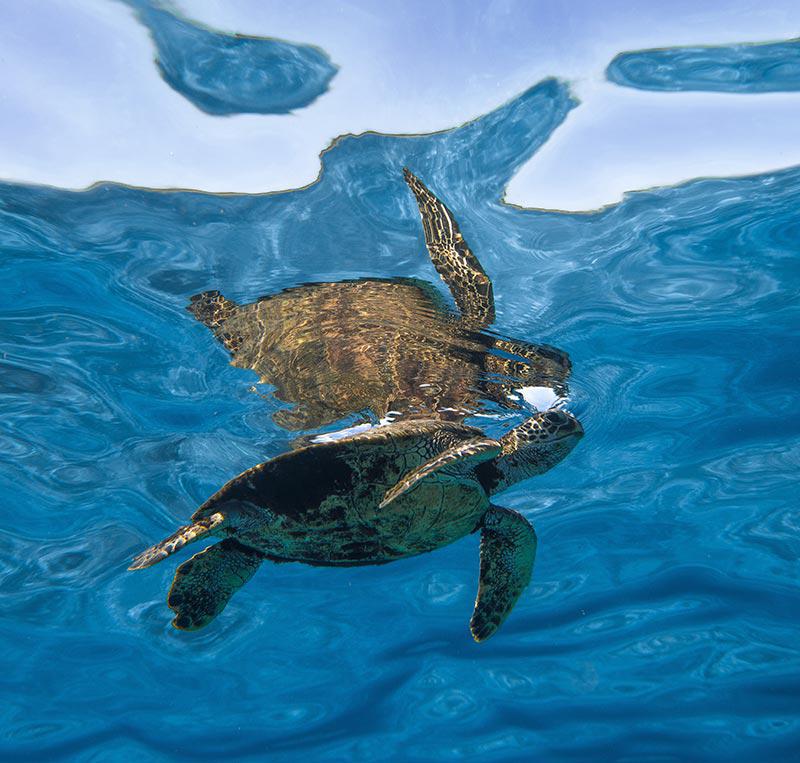
First taste
Amaya is only 19 and I think she’d be the first to admit, she was a little start struck at times during the session, but Amaya has a wealth of knowledge and experience to share with the world. She is a young Wunmari woman who grew up in the Thamarrurr region of the Northern Territory in Australia before moving to Bright in Victoria where she is currently studying to be a marine biologist.
During the course of the discussion it was clear that Amaya is passionate about the environment. There were two distinct reasons for this, 1 - she has lived through and understands first-hand what Climate change looks like, and 2 – she’s honest enough to explain her motivation.
Let’s just circle back to the first point of Amaya’s passions for the environment – seeing the impact, first hand. Six of the seven types of marine turtles found on Earth migrate to Australia as part of their annual cycle, visiting feeding grounds and most important of all, mating and nesting. We already know that they face many obstacles whilst in the water, the vast majority of which are man-made, but now they face an even bigger problem. It’s now too hot for them to come onto the beach to nest and lay eggs! Global warming has seen the temperatures around the world rocket in recent years and whilst we might find it uncomfortable to sit or work in, for the turtles this is a problem that they simply cannot overcome.
Whilst this is an example of something that is happening on the other side of the world, we need to recognise that there are just as many events and micro-events happening everywhere around the globe. All of these activities and systems are all connected, what happens impacts us all.
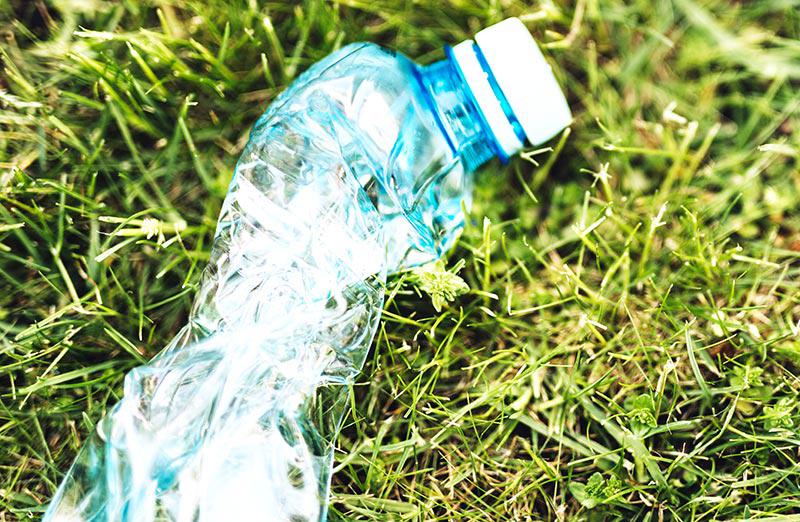
Amaya is also a junior Land Care member. When she was asked to tell us more about what this entailed she was brutally honest. Much of her work involves removing rubbish and litter, things discarded by people. Why does she do this? Here Amaya really shone, showing a combination of personal passion and the energy of youth, telling us directly, being brutal honest, she does this because… she doesn’t want to die.
That might sound over-dramatic, the result of years of exposure to ‘climate threats’ and the waggy finger of governments trying to push the problem away from its source towards the end user. Amaya was very clear that her decision to get involved was purely personal, she wants to have a long life. If she does something to help nature, the chances of her having what she, and let’s face it, the vast majority of people, want is massively improved.
Amaya is very clear that she’s not doing this for anybody else, she recognises that it is a selfish motivation but and it’s a BIG but, it’s an admirable motivation that far too many people on this planet haven’t realised. Amaya might only be 19 years old but she is without doubt, a role model for not only her community, but for all young people around the world.

Feeding frenzy
Another member of the panel was Freddy Sebastian Medina. Freddy Sebastian is an environmental scientist based in Chile, he is a big advocate, and globally recognised expert in the integration of indigenous knowledge for climate change mitigation. He believes in learning from native people about how they have farmed, managed resources and their climate experiences - essential skills that have been handed down over the centuries that we must understand as they can help us all to learn. And that learning will help us set the path for a sustainable future.
Freddy brought a really interesting thought into the discussion, and not something that we thought we would be discussing at a Climate event – French fries. It’s a food product that is ubiquitous on this planet, regardless of culture, the French Fry can be found anywhere and everywhere but for some unfathomable reason we don’t question this, why?
French fries are a great example of the climate problems we (humans) are creating. The raw ingredients, the potatoes are often grown and harvested in Chile and Argentina before being air freighted around the world to then be ‘chipped’ in mechanical processes that use vast amounts of energy. The chips then packaged using more resources and materials before being shipped again to the outlets and organisations who cook them, using more energy, for us to eat.
When you stop and look at this chain of custody and the wasteful use of resources it really does sound crazy. Why do we have this system? It doesn’t make sense on so many levels. Availability and perceived convenience has fooled us into believing that this is OK, there’s no real impact from our decision to eat fries wherever we are on the planet.
This is just one example, thoughtfully shared by Freddy at the event, there are 1000’s of others that have equally ridiculous chains of custody behind them. We’d like to thank Freddy for highlighting, what many ‘know’, that our current systems are simply out of date and need to be changed.
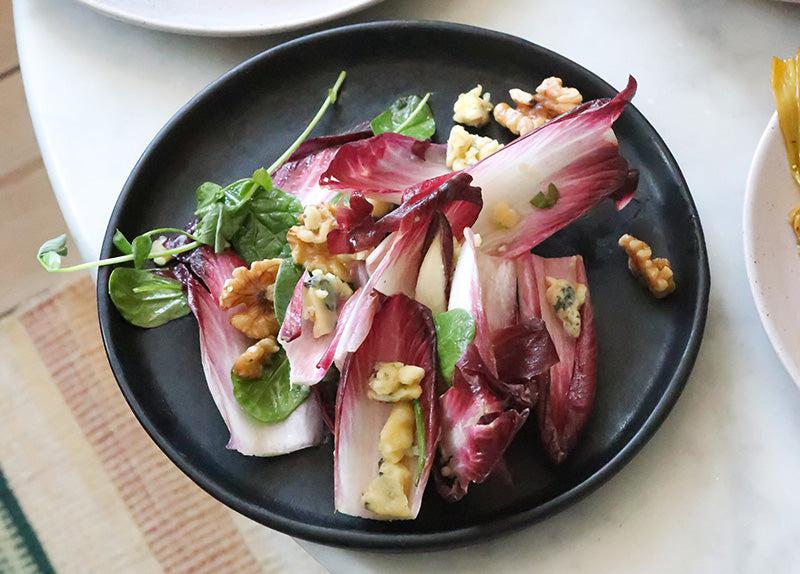
Eating for the planet doesn’t have to be dull.
Another member of the panel was Vanessa Sturman, a plant based health coach who helps people be healthier through diet. Educating people about the ways in which the food that we consume will help us physically and mentally - reducing fatigue, maintain a healthy weight and glow with vitality.
Vanessa was quick to point out that this doesn’t mean that you have to stop eating all meat, it would be wrong to single out one area of food production as the main ‘offender’ because there are many. She shared some incredible insights into what’s going on within our existing systems.
25% of global food grown/harvested perishes post-harvest or is thrown away at retail or consumer levels.
36% of the world’s crop calories are fed to animals but three-quarters of this is wasted due to the low efficiency with which animals convert cereals to meat and milk.
The challenge lies not so much in producing more but in wasting less.
Stats from Compassion In World Farming
When you hear these stats it blows your mind! How can anyone think that this is acceptable? Yet it continues, day in, day out. Why? Because it’s an established system and if there’s one thing people love, it’s an established system. Change scares people, we keep doing what we know even though we ‘know’ it’s not sustainable. It’s the very definition of insanity!
Then there’s the issue of what is a healthy diet? Vanessa was very clear that this will be different for everyone, but we should embrace plant solutions whenever possible as this is what sustained our ancestors. And when you stop and think about it, it makes sense, we have become conditioned to accept man-made food, food that has been processed until it has no definable connection to where it came from.
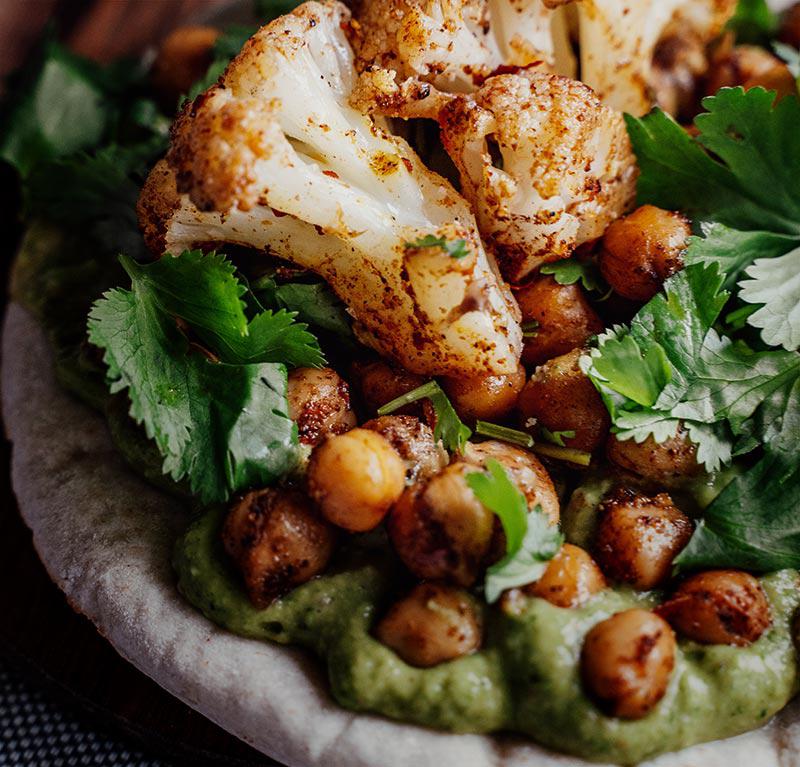
Different flavours
There were also contributions from -
Zareen Taj Islam who is the Trustee of Muslim Women's Association of Edinburgh and also a Cambridge resident. She has worked with the Edinburgh Muslim community to raise awareness of Climate change issues for over 15 years. Zareen was also involved in COP 26 as a member of Cambridge Zero addressing local Cambridge climate issues and supporting wider global initiatives.
From the Scott Polar Research Institute we had Michael Bravo, the Head of the Circumpolar History and Public Policy Research Group, as well being a member of the Geography Department's Society and Environment Research Group
There was another young, and equally well informed voice, Farah Kassab. She is 20, slightly older than Amaya, and an advisor for an organisation called ‘Purposeful’ - an African-rooted, globally oriented organisation that advocates for the rights of girls, adolescent girls and young women by way of flexibly funding groups and collectives that are established by young women.
Farah is a second year law student at Lucy Cavendish College, before starting her current course, she volunteered for a year at a women’s rights organisation in Jordan called Arab Women Organisation (AWO). Whilst here she helped deliver projects aimed at raising the awareness towards gender-based violence in remote areas of Jordan.
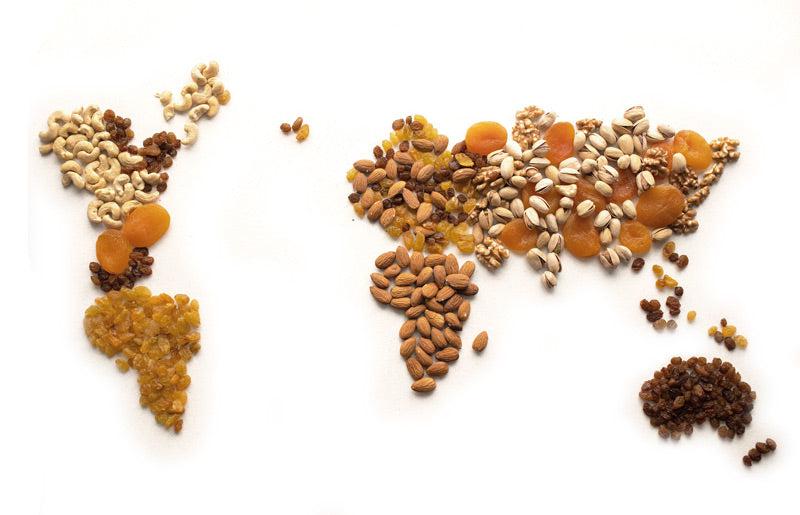
Rethinking food helps our health, wealth and the climate
Each of these people also had personal stories and experiences to share around Climate Change and the impact that it is having on them each and every day. There’s certainly food for thought here, whether this new taste is palatable to people is another thing.
